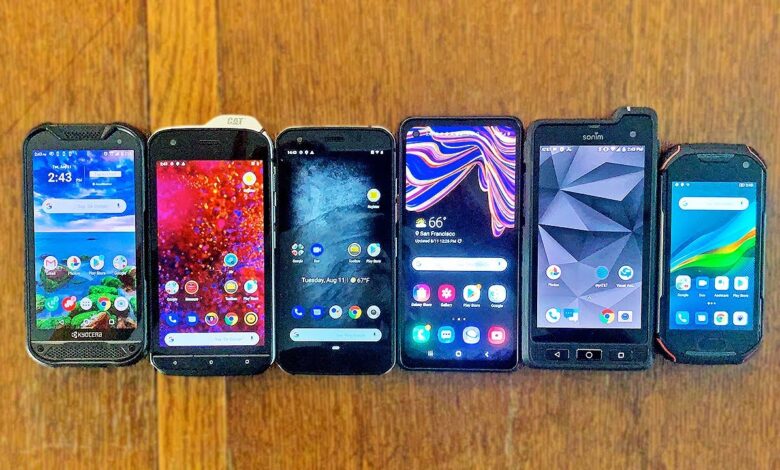
They're tough, waterproof and often slim, and offer features your iPhone or Galaxy device can't match. Learn the new attributes ...
source

They're tough, waterproof and often slim, and offer features your iPhone or Galaxy device can't match. Learn the new attributes ...
source